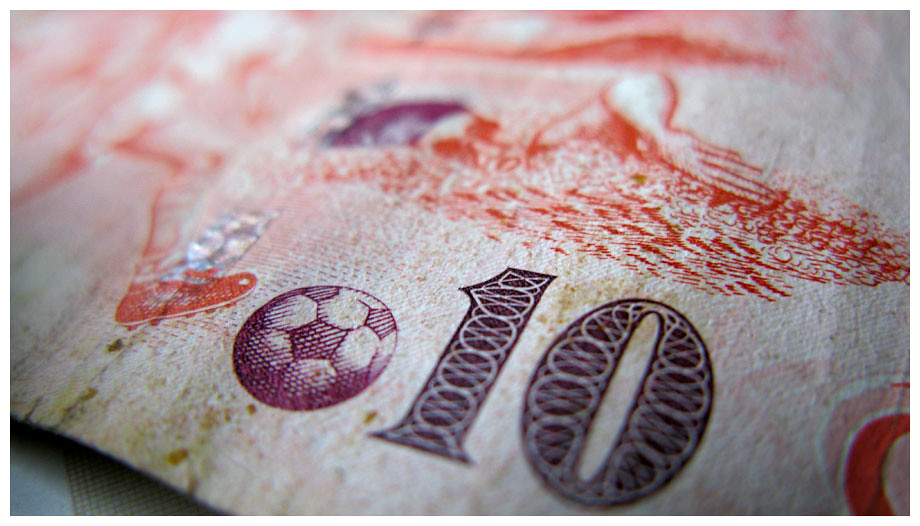A digital wallet also known as “e-Wallet” refers to an electronic device or online service that allows an individual to make electronic transactions. This can include purchasing items on-line with a computer or using a smartphone to purchase something at a store.
An individual’s bank account can also be linked to the digital wallet. They might also have their driver’s license, health card, loyalty card(s) and other ID documents stored on the phone. The credentials can be passed to a merchant’s terminal wirelessly via near field communication (NFC).
In Japan digital wallets are known as “wallet mobiles”. A cryptocurrency wallet is where private keys are stored for cryptocurrencies like bitcoin.
Bitcoin Digital Wallet and blockchain explorer provider Blockchain just launched its first exchange platform. Excerpt (below) is from Coindesk.com – July 30, 2019
Bitcoin’s Largest Wallet Blockchain Just Launched Its First Crypto Exchange

Blockchain’s head of retail products, TD Ameritrade alum Nicole Sherrod, told CoinDesk the custodial exchange, called The PIT, can connect to non-custodial Blockchain wallets for nearly instant transfers. Registration opens today, with the ability to trade up to 26 assets rolling out over the next two weeks.
Sherrod said that with nearly 40 million wallets already created – and an exchange matching-engine set up in London’s Equinix LD4 data center – PIT could be posed to attract more liquidity than competitors.
“That’s what market makers are looking for,” Sherrod said. “They want to co-locate [data center servers] with you, they want to directly connect to your matching engine. It’s the way it’s done on Wall Street.”
Nicole Sherrod
Indeed, Tom Haller, previously the chief software architect for trading systems at the New York Stock Exchange, contributed to the development of PIT’s matching engine.
Digital Wallet Technology

A digital wallet has both a software and information component. The software provides security and encryption for the personal information and for the actual transaction.
There are dedicated devices such as the biometric wallet by Dunhill, a physical device that holds cash and cards along with a Bluetooth mobile connection.
Presently there are smartphones with NFC digital wallet capabilities, such as the Samsung Galaxy series and the Google Nexus smartphones utilizing Google’s Android operating system and Apple’s iPhone 6 and iPhone 6 Plus utilizing Apple Pay. Others include Samsung Pay, Android Pay, as well as payment services like PayPal and Venmo.
Digital wallets are being used more frequently among Asian countries as well. One in every five consumers in Asia are now using a digital wallet, representing a twofold increase from two years ago.
A MasterCard mobile shopping survey among 8500 adults, aged 18–64 across 14 markets, showed that 45% of users in China, 36.7% of users in India and 23.3% of users in Singapore are the biggest adopters of digital wallets. The survey was conducted between October and December 2015.
Further analysis showed that 48.5% of consumers in these regions made purchases using smartphones. Indian consumers are leading the way with 76.4% using a smartphone to make a purchase, which is a drastic increase of 29.3% from the previous year. This has inspired companies like Reliance and Amazon India to come out with their own digital wallet. Flipkart has already introduced its own digital wallet.
Photo credit: Richard Cawood on VisualHunt.com / CC BY-NC

Leave a Reply